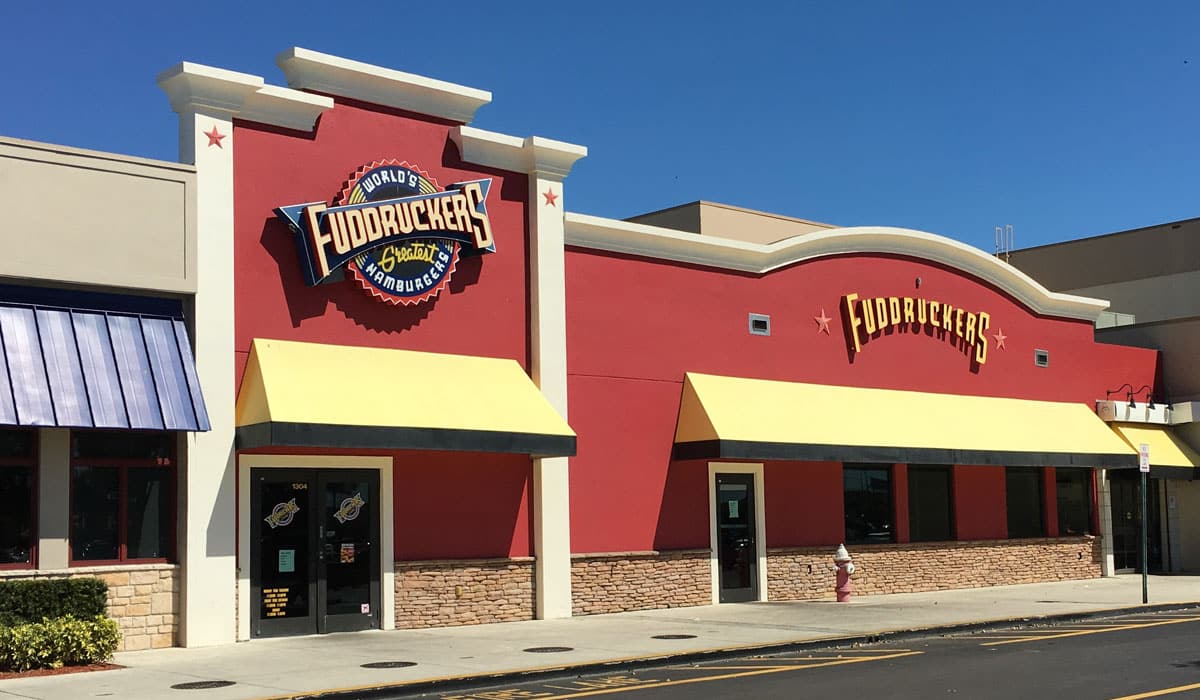Luby’s Inc. announced Tuesday stockholders approved its plan of liquidation and dissolution unveiled in September. Of the shares actually counted during a special meeting, in excess of 99 percent voted in favor of the plan, the company said. It now paves the way for the sale of Luby’s assets and distribution of net proceeds to stockholders, after which the company will be dissolved.
Stockholders also approved authority to reduce the size of Luby’s board and to permit action of stockholders by written consent, and a ratification to its existing Rights Agreement, often labeled “a poison pill.”
On November 11, Luby’s announced it retained JLL, a professional services firm, to assist in the “orderly sale” of its real estate holdings. The company currently operates 60 Luby’s Cafeteria restaurants and 24 Fuddruckers. It said hiring JLL was “the next logical step in executing the [liquidation] plan and to help facilitate obtaining the highest values on the best terms for the real estate holdings of the company, all in an effort to maximize stockholder value.”
Luby’s plan outlines a sale of the company’s businesses, operations, and real estate, and eventual wind down of remaining operations. Luby’s intends to convert all of its assets into cash, satisfy or resolve remaining liabilities and obligations, including contingent liabilities and claims and costs associated with liquidation, and then file a certificate of dissolution.
Luby’s Culinary Contract Services business will be part of the process, too. The company anticipates common stock will be delisted upon filing of the certification of dissolution, which is not expected to occur until the completion of all or substantially all of the asset sales, or three years, whichever comes first. However, delisting could take place sooner.
“We are pleased that the stockholders have approved the Plan of Liquidation and thank them for their support. The Plan also continues to provide for the potential to place the restaurant operations with new owners moving forward. We can now move forward in the most efficient manner in our goal to maximize value for our stockholders,” said Gerald Bodzy and Randolph Read, co-chairmen of a special committee created to explore strategic options, in a joint statement.
Previously, the company estimated proceeds from the plan to be between $92 million and $123 million, which would be distributed to shareholders.
As it noted in September, if Luby’s received an offer for a corporate transaction, the company’s liquidation plan “could be abandoned in favor of such alternative transaction.” In other terms, Luby’s could still be sold if the right deal emerges.
However, the company said Tuesday it would need to provide superior value “in comparison to the value of the estimated distributions under the Plan, taking into account factors that could affect valuation, including timing and certainty of closing, credit market risks, proposed terms and other factors.”
A few days after the initial liquidation announcement, Luby’s CEO Chris Pappas revealed he was considering submitting an offer for the troubled restaurant brand.
The company and Pappas, in his own capacity, entered into a confidential agreement that allowed Pappas and his team to have access to confidential information to assist with his evaluation of whether to submit an offer.
According to a securities filing, Pappas had not decided if he or a group will submit an offer. If he did submit a proposal, Luby’s said there’s no guarantee that the offer would be accepted.
The SEC filing was filed jointly by Pappas and his brother, Harrison, who served as COO until his retirement in 2011. Individually, Pappas controls 4.6 million shares while Harrison owns 4.4 million. The two also jointly own Pappas Restaurants Inc., which controls 1.1 million shares. Combined, the brothers have a roughly 36 percent stake in the company.
Luby’s began its strategic review over the summer. It then announced in June it was looking into a sale of its assets.
Beginning March 17, Luby’s started closing dining rooms and furloughing employees due to COVID-19. By March 31, dining rooms were closed at all 118 company-run units and 50 Luby’s, 36 Fuddruckers, and a Cheeseburger in Paradise were temporarily shut down while 28 Luby’s and three Fuddruckers remained open for takeout, drive-thru, curbside pickup, and delivery. More than half of the corporate staff was furloughed and salaries for non-furloughed employees were cut 50 percent. Franchise owners reduced the number of operating locations from 90 pre-COVID to 37 by early April.
Later in April, the chain announced it tapped a $10 million Paycheck Protection Program loan and received a delisting warning from the New York Stock Exchange because its stock price fell below $1 per share for 30 straight days.
Dining rooms started to reopen in May. And despite sales not reaching pre-COVID levels, Luby’s said in July it achieved a profit at its open stores in the final month of the third quarter.
Luby’s ended Q3 with 108 corporate restaurants—76 Luby’s Cafeterias, 31 Fuddruckers, and a Cheeseburger in Paradise (this has since closed). Three Luby’s and 13 Fuddruckers had permanently closed year-to-date at that point.
Back in August 2015, however, there were 93 Luby’s, 75 Fuddruckers, and eight Cheeseburger in Paradise locations. The company franchised about 100 Fuddruckers as well. (A look at the retraction path)
Counting only the open units in the recent period, Luby’s restaurants garnered more than 80 percent of prior-year sales levels by the end of Q3 while Fuddruckers captured more than 70 percent.
Overall, restaurant sales declined 78.9 percent in Q3. Luby’s saw a 73.6 percent plummet while Fuddruckers figures decreased 90.8 percent. The brand posted a net loss of $25 million, compared to a loss of $5.3 million in the year-ago period.
Luby’s, founded in San Antonio in 1947 by Bob Luby, has been led by the Pappas brothers since 2001.












